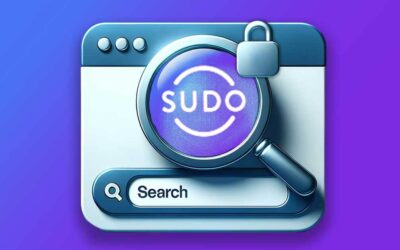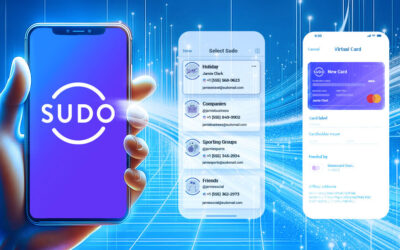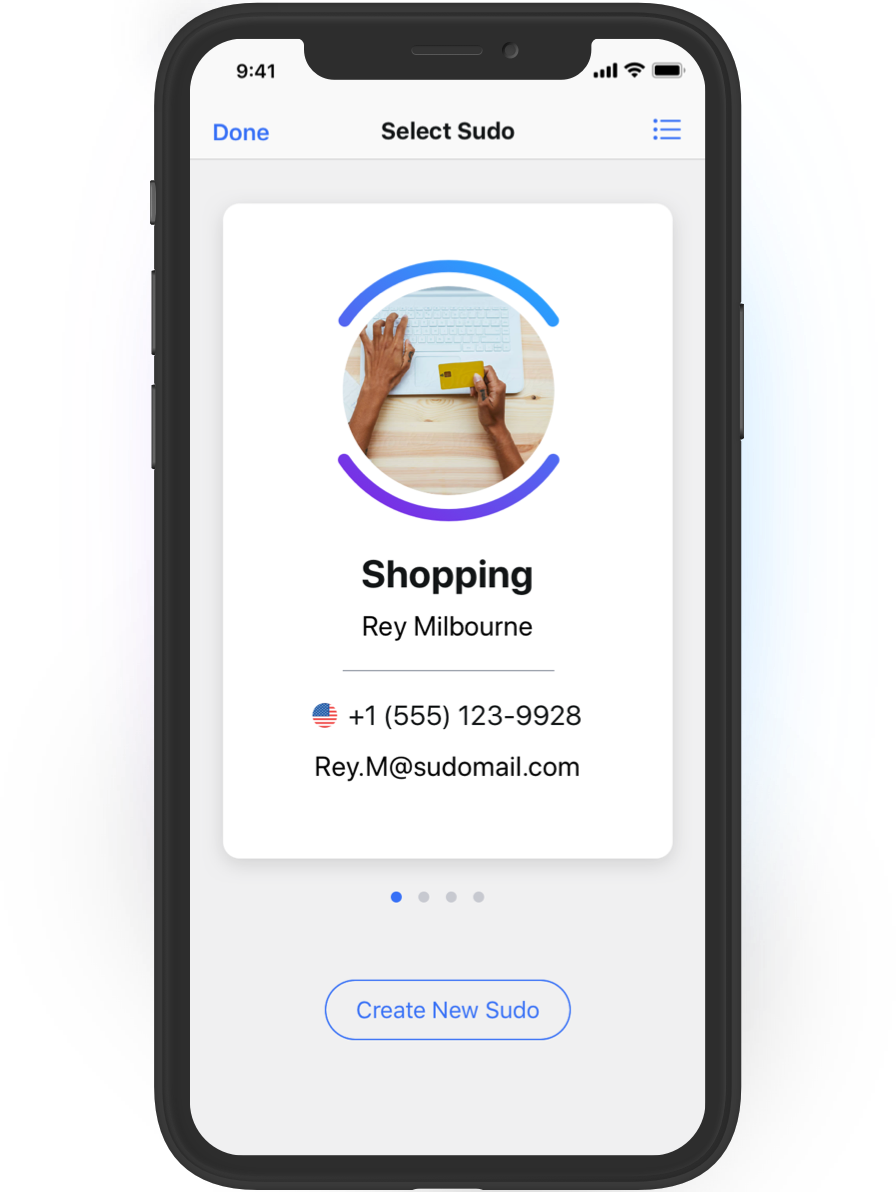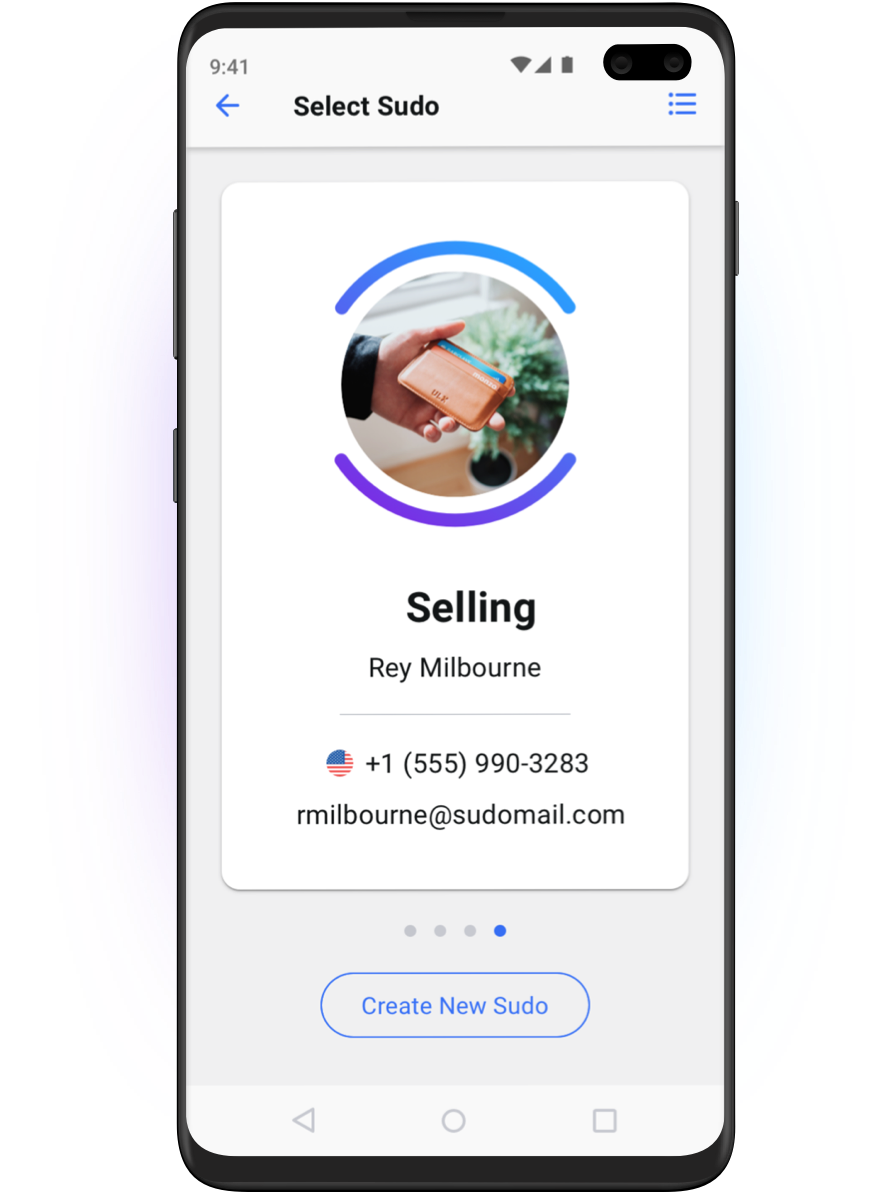I’ve had a total privacy reformation and I want to tell you why it is so important to review your online privacy settings.
First, let me start with my story. I used to use WhatsApp to communicate with friends and family, but WhatsApp scammers are smart; they follow you on online platforms and can mimic your “online persona” to scam your friends and family. In my case, it was my mother being scammed. A scammer started to chat with my mother on WhatsApp, pretending to be me and explaining how I dropped my phone in the toilet and that this was now my new phone number. The scammer continued chatting with my mom for hours about daily life activities such as my cat, upcoming holidays, Christmas and more, using information from my Facebook profile, which uses my real name/identity. Eventually, the scammer asked my mom for money. Thankfully, she was suspicious enough not to transfer any money.
Online platforms such as WhatsApp make it easier for scammers to contact a larger number of people than, say, a grifter going door to door in the physical world. What’s more, the interactive nature of a chat-based experience can be more compelling than, say, email-based phishing, so the scammer may more easily hook their victim. These platform-based scams can also be more destructive than some other types of cyberattack: if the scammer can compromise the information in one of your social accounts, all your accounts and their data are at risk as well.
So you can see how protecting your cyber safety can be a challenge, especially if you’re not too tech savvy.
In my case, I didn’t want to completely give up on my social platforms such as Facebook, but I knew I could be smarter about the privacy of my personal data while using these platforms. What I really want is control, not to withdraw from the world.
Thankfully I (and many others) am starting to wake up to the fact that, as Daniel Hövermann says, “If you’re not paying for the product, then you are the product”. This means that the service you use for so-called “free” isn’t in fact the platform’s product (how they make their money); their product is actually all the personal data you give them when you sign up to and use the service. They collect that data, aggregate it and monetize it for massive advertising profit. It’s called surveillance capitalism.
Not long ago, I watched the docudrama The Social Dilemma on Netflix. I was aware of psychological marketing since I have studied Applied Organisational Psychology, but I wasn’t fully aware of the extent to which Facebook is using me as the product. If you haven’t watched The Social Dilemma yet, I urge you to do so.
After seeing the anxiety my mom went through when she got scammed, and after watching The Social Dilemma, I really wanted to be part of helping others to protect their online identity. I started to search online for companies that are working on online privacy and cybersafety and where I wouldn’t be the product of their services. I found Anonyome Labs. The mission of Anonyome Labs is so aligned with my interests and motivation that I applied for a job there: Anonyome Labs envisions a world where personal data is secure and under the exclusive control of the individual; where people have the tools to create personalized identities that match the context and content they wish to share. To us, being private doesn’t mean opting out of online services or hiding from the world. We empower people to be able to determine what information they share, and how, when, where and with whom they share it.
Since I’ve started working at Anonyome Labs, an even wider door to online safety has opened for me and I can’t wait to share some tips with you on how to protect your and your family’s online privacy.
These are the steps I took for my privacy reformation:
Group chats
I’ve told all my friends and family about the scamming incident with my mom and that I’ve found a solution where we can still chat, share photos, have group video calls and stay connected with each other. I moved all my Facebook-owned chat groups (including WhatsApp) to MySudo. I have encouraged all my friends and family to download MySudo and to stay connected with each other on this safe platform. I created a Sudo profile for “social networking” and am now using this profile to stay connected with my people.
Facebook allows you to have some control of your Facebook activity, but when I started to do some deeper research into “Privacy and Settings” on Facebook, I read the following sentence about the ads that get displayed even if you change your settings to be more private: “It doesn’t affect the number of ads you see overall, we will still show ads, if we think these ads may be relevant to you”. This is absurd, but it is what you get for using their “free platform” and being “the product”.
The settings that I adjusted to at least minimize the privacy impact on my Facebook usage are:
- Facebook Settings – Ad Preferences – Ad Settings – Personalized ads based on your activity – Turn Off: Use Data from Partners
- Facebook Settings – Ad Preferences – Ad Settings – Categories used to reach you – Turn everything off, go all the way down the page and click on “Interest Categories” – REMOVE REMOVE REMOVE (I had to do this over 400 times!)
- Facebook Settings – Ad Preferences – Ad Settings – Ads shown off on Facebook – NOT ALLOWED
- Facebook Settings – Your Facebook Information – Off Facebook Activity – Delete/Clear History. This step required my Facebook password.
- All App Notifications – Turn them all off to prevent Facebook from controlling your device time.
- Account details – Change all details from your personal ones to those in the Sudo profile that you can easily set up in MySudo.
In addition, I went through my entire Facebook wall and deleted most posts, purely because I didn’t want to help Facebook’s algorithm to get smarter about me. These settings won’t stop Facebook from providing you with personalized ads completely – if you want total opt out, then I suggest the “De-activate your account” button.
Browsing and shopping
Besides social platforms, I also browse a lot online and occasionally will buy some products. Due to the COVID-19 pandemic, I now spend more time shopping online than in person. And of course, Google tracks my interests and shows me ads based on what I have been searching. To stop this from happening—because I want to decide for myself when and what I’m buying and not be a victim of the psychological “mere-exposure sales method”—I use one of my Sudo accounts to do my browsing and shopping online. Another safe way of browsing is to use the more private search engine called DuckDuckGo, which is the search engine used in MySudo. DuckDuckGo is an interesting name but it definitely works!
What have I learned from all this? Being online is fun but not always private and safe by default. There are many risks involved for you and your family from putting your personally identifiable information out into the world. I plan to remember that, whenever I am not paying for an online service, I am the product, and my interests and activity are being sold for ad revenue.
This article isn’t my way of selling MySudo to you; it’s simply me telling you the truth about the data-driven world we live in from my experience. I have found a great privacy solution in MySudo and you can too.







